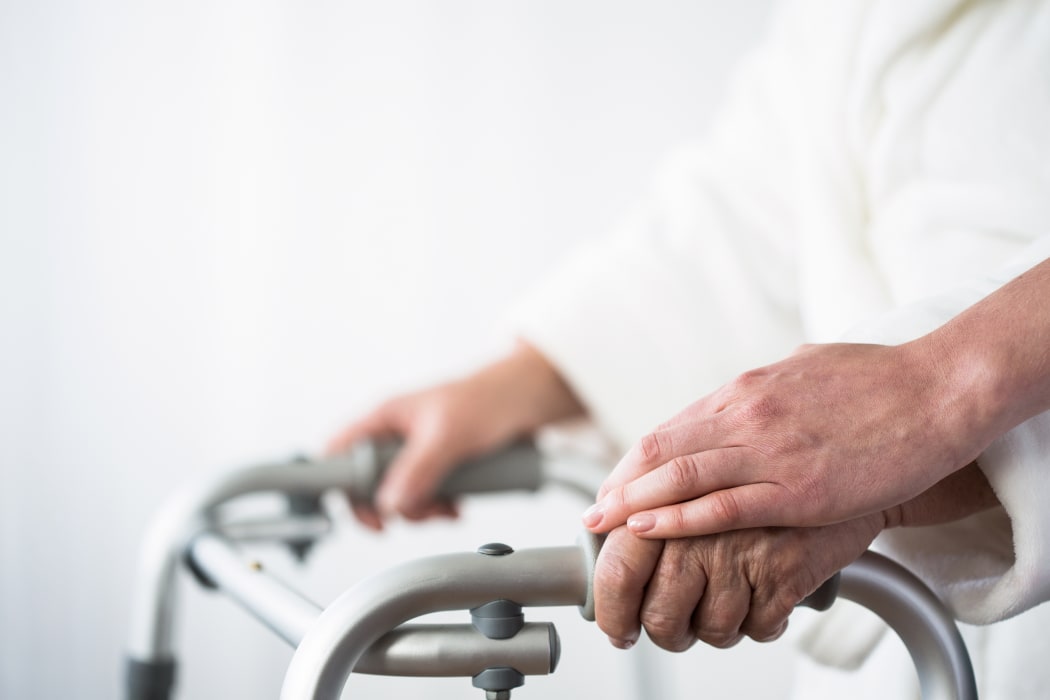The development of culturally appropriate food practices for elderly Māori could lead to less hospitalisations and lower mortality rates, a new research suggests.

A study has found one of the factors that could help elderly Māori with less hospitalisations and lower mortality rates is the development of appropriate food practices. Photo: 123rf
The findings come from a five-year study on the elderly population by Massey University and the University of Auckland.
The Life and Living in Advanced Age Cohort Study in New Zealand investigated the link between nutrition risk with hospitalisations and mortality.
The study found Māori were the fastest-growing population of people aged over 80 years old.
Overall, 49 percent of Māori in the study were at high nutritional risk compared to 38 percent of non-Māori.
Almost two-thirds of Māori and one fifth of non-Māori reported fewer than five servings of fruit and vegetables per day.
Massey University's School of Sport, Exercise and Nutrition associate professor Carol Wham said community and whānau support was needed to ensure elderly Māori had food security and better access to traditional foods.
Overcoming barriers to healthy food consumption was also key to improving the health of kaumātua, Dr Wham said.
"Older single Māori, mostly women, have the least material well-being, which may lead to low food security. Food has special cultural significance for Māori," she said.
"The impact of colonisation has affected access to traditional foods with limited availability of food species and time to go out on the land, the sea and the forest to harvest and may compromise dietary quality."
The study examined 256 Māori and 399 non-Māori octogenarians.




